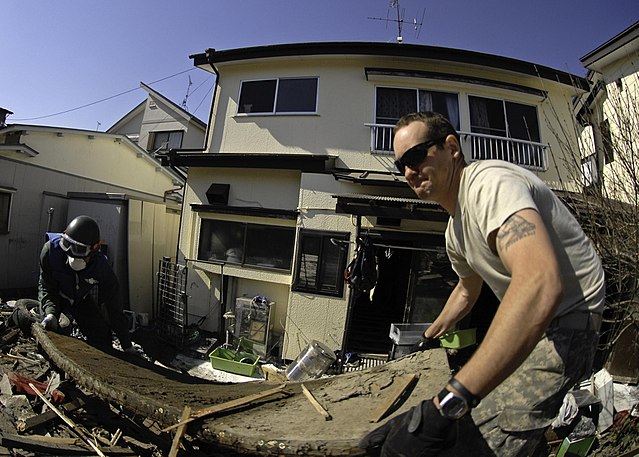
Why Disaster Cleanup Should Not Be Treated As an Ordinary DIY Project
The temptation is always rife to commence cleaning immediately after a disaster. If anything, you don’t like the mess around, and you have a burning desire to restore things back to normal, so that you go on with your life, just as it was prior to the disaster.
But as professionals, we would like to warn you that disaster cleaning should not be treated like any other DIY cleanup project. Whether it is fire, flood, storm or any other type of disaster, always call the experts, and here are the reasons why:
The right expertise
The ways to approach disaster cleanup, will vary depending on the specific disaster. This implies that how you handle after fire cleanup, will be different from how a flood cleanup is handled. You may not know or have the right knowledge or expertise about how to handle cleaning after a specific type of disaster. But professionals have the right tools, expertise and experience to take care of just any kind of any disaster cleanup, and they will finish up the work in no time, leaving you safe, satisfied and worry-free.
Hazards
Every disaster will be characterized by a wide variety of dangers, including but not limited to bacteria, dirt and other contaminants that might be harmful to your health. If you attempt a DIY cleaning after the disaster, you could potentially be putting yourself and your family members at risk, with the various dangers. What you may not know is that some of the dangers may be life threatening, and should thus be handled by the right professionals.
Potential Dangers
Depending on the type of disaster, there are potential dangers you might face when you attempt to carry out the cleanup. For instance, for floods and fires, there is always the possibility of getting electrocuted if there are live wires lying around. Concerning mold, inhaling too much, will have severe impact on your respiratory system. The same case is also true for smoke and fire disasters when you inhale the soot-laden air after the incident. First and foremost, for your own safety, and to avoid potential long-term damage to your home or office building, never approach disaster cleanup as an ordinary DIY cleaning project.